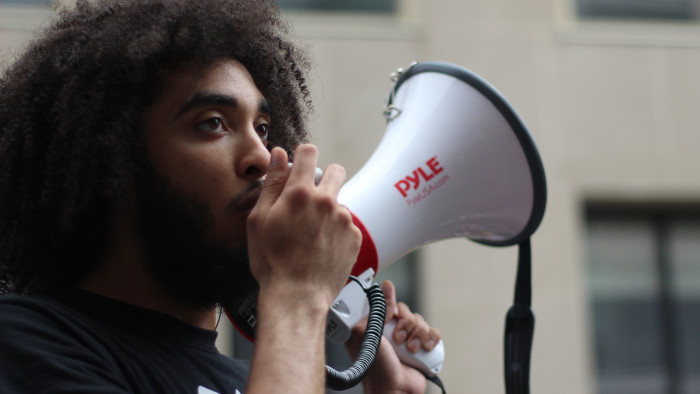
Discrimination in justice: Improving access to justice for disabled people in pre-trial
The justice system is “not designed around the needs and abilities of disabled defendants” and this is preventing them from effectively participating in criminal proceedings, finds a recent report by the Equality and Human Rights Commission (EHRC) on the treatment of disabled people by the criminal justice system in the UK [during the pre-trial stage]. According to the report, criminal justice professionals lack the “guidance or training” to identify disabilities in defendants and the existing frameworks for providing adjustments for identified disabilities are “inadequate”.
The findings of the EHRC tie in with recent comparative research by Fair Trials on the treatment of disabled people in the justice systems of countries outside the UK.
Our research shows that most jurisdictions lack established laws, policies and practices specifically designed to support effective participation by disabled defendants in the court process. While there are some examples of good practice both in the UK and abroad (such as nurses at police stations screening detainees for disabilities, and independent support persons providing defendants with communication support), these examples tend to be localised, ad hoc and poorly regulated.
Access to justice is a fundamental human right – yet this recent research by the EHRC and Fair Trials shows that a significant portion of the users of the world’s justice systems are currently experiencing significant barriers to exercising this right. Governments must urgently direct their attention towards ensuring equal access to justice for disabled people, so that access to justice becomes more than a slogan for disabled people.


